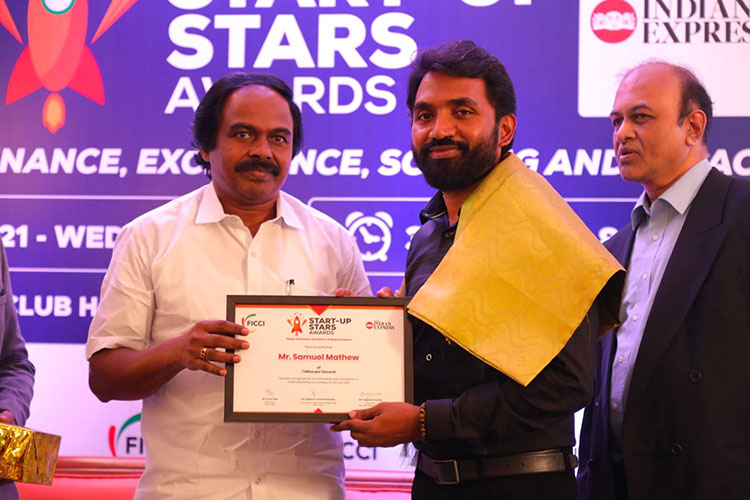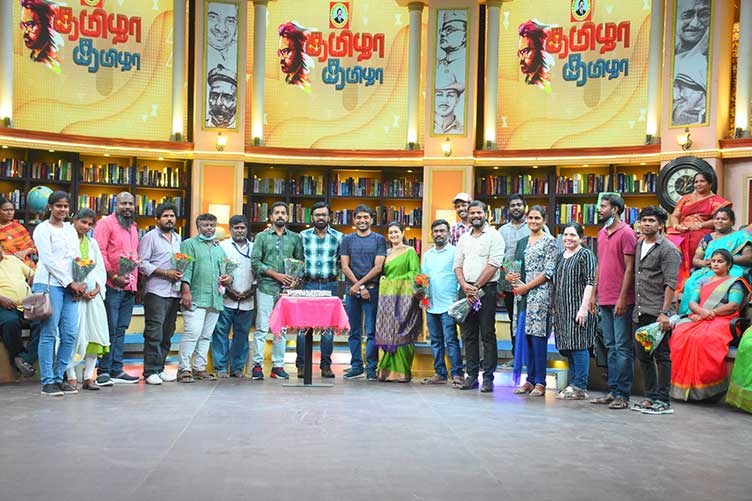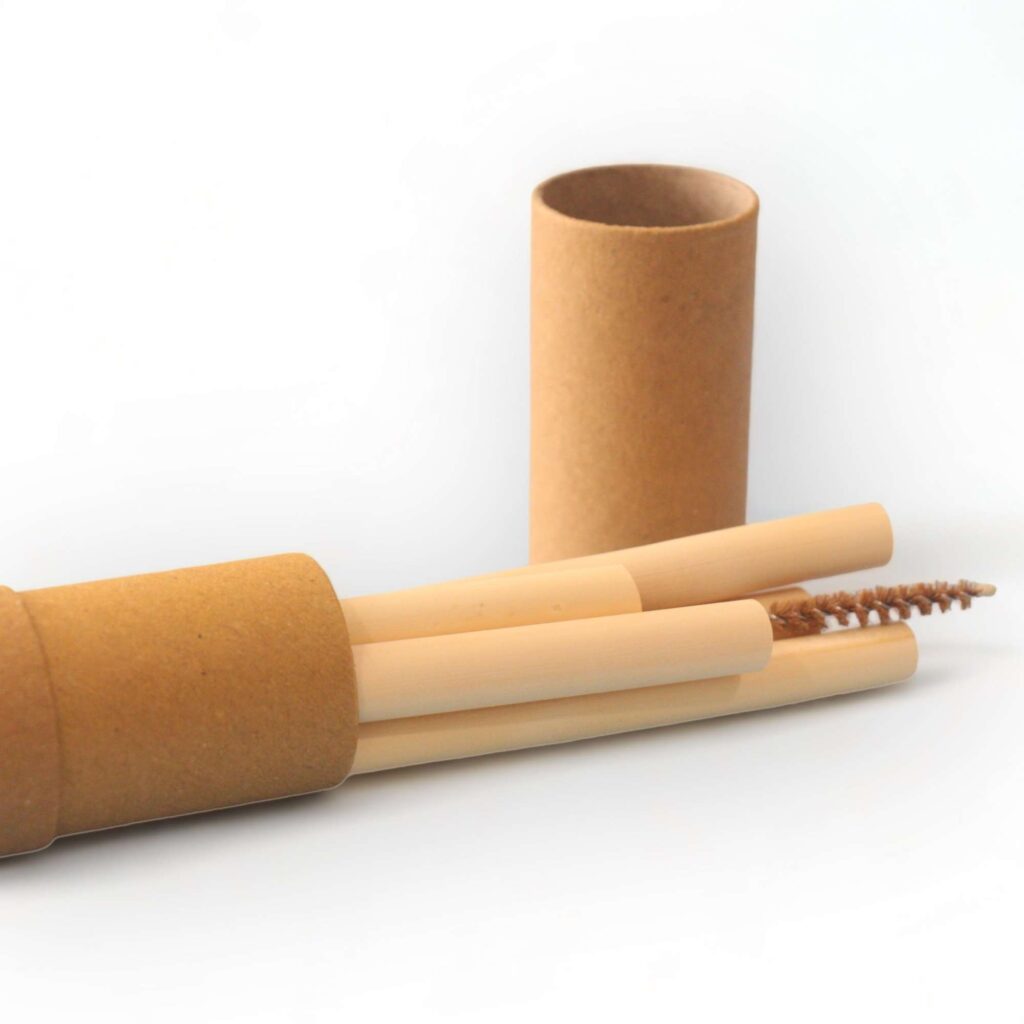
Meet Samuel Mathew of 7MPS working on research driven election campaigns for multiple parties in Tamil Nadu for the upcoming elections.

Let’s start with the name
With elections around the corner we caught up with a party-agnostic media house that works on election campaigns apart from brand-related work for products and services. The agency is called 7 MILES PER SECOND or 7MPS and if you’re curious about the name, so were we. Samuel Mathew, the founder explains, “We work to take our client’s business to the next orbit and I wanted a name that suggests that. The brand name Orbit was already taken with its own connotations. That’s when what I learnt in school came to my rescue and I latched onto the concept of escape velocity – it’s the speed needed to break through and escape gravitational force. That exact figure is 11.2 km per second and even I knew one couldn’t get away with so long a name so we settled on 7 MILES PER SECOND or 7MPS! It has worked for us as it’s interesting, engaging and communicates what we want to.”

Media services rooted in research
7MPS helps clients with research, branding, content development (including videos and documentaries) and promotion (PR and advertising). “Whether it’s a product, service, politics or government schemes, it’s fundamental to understand the target audience, their likes and dislikes and which form of communication will reach and influence them. And our specialization lies in understanding all of this through research,” says Sam. “We don’t take on a communication project without getting into research whether it’s a consumer product or a political campaign.” The mention of politics piques our interest. So what work does 7MPS do in that space? “We work with Governments to popularize their schemes and with political parties to help prepare communication for elections,” he says. Simple enough. But how did Sam get interested in this has highly specialized line of work that has been hogging headlines in recent years. “I’ve been following politics right from school. I regularly participated in debate competitions and rewrote political speeches! My habit of reading at least a couple of newspapers a day has stayed with me. Even through my corporate life I followed politics closely. I really don’t know why I was so interested as no one in my family is in politics,” laughs Sam.
Introduction to political campaigning
His career started in a media company, followed by a long tenure at a bank handling corporate communications. “In this role, I didn’t get to do actual production or creation work. Just had to supervise the agency. I then went on to do a course at IIM Ahmedabad where I met Professor Hiren Joshi who was working on a digital campaign for BJP. His team was trying to get a break into Tamil Nadu, and being the only one from the state I could add a lot of value,” says Sam. Using the knowledge gained through his natural affinity with politics, Sam was able to answer questions related to parties, cabinets and strategies spontaneously, without research. “To work in political branding you need to know what happened in the past. For example, what kind of strategy worked for M.G.R and what manifesto was successful. What did not work? And similar details and knowledge of Tamil Nadu’s political history helped me get a place on their team. I learnt a lot there too,” adds Sam.

Becoming an entrepreneur
That was the turning point that led him to start his own agency, though he had always resisted it having witnessed his father’s stressful experiences running a business. In its initial days, 7MPS only handled product and service brands. “Each client is different. Sometimes the client’s approach to creatives may not be the best thing for the target audience. I find it extremely challenging to convince clients on this and we have to walk a delicate balance between our clients’ preference and what will work with the consumers. Most often the one with more conviction prevails. But there have also been times when they’ve been right and we’ve accepted it. So it’s a collaborative exercise,” says Sam. Soon 7MPS went on to include political campaigning.
They’ve handled research and campaigning for multiple parties. “There have been elections where we’ve worked for the DMK in Trichy and AIADMK in Madurai. We ensure we work for only one party in any zone. Right now we’re working for BJP, DMK and AIADMK for the upcoming elections. Only when we work for the Government do things get a little complicated. Also all Government work comes to a standstill when the election Code of Conduct is announced and this gives us the window to work on election campaigns for various parties and candidates. So we get the best of both worlds.” 7MPS has also worked on two election campaigns in Malaysia, and other times in Karnataka and Andhra Pradesh.
Once again it starts with research
And 7MPS’s differentiator always gives them an edge. “I don’t work for any candidate without research. How can you treat someone without knowing the diagnosis? Sometimes I’ve lost clients because of this stance but that’s ok. We don’t mind if the client gets the research done through someone else as long as we have some findings to build the campaign on,” shares Sam. “We need to understand the strengths and weaknesses of the candidate and people’s expectations from them before we begin. It helps us decide what the candidate should say and what kind of manifesto should be drafted. With research it’s possible to create exclusive customized zone-wise manifestos within each constituency as per voter’s expectations. And even after the elections we try and tell them to fulfil the promises to build trust with the electorate” Sam explains.
The design angle and owning responsibility
“We design nuanced creatives that don’t look like a typical political campaign. For example if working for AIADMK, we have a whole list of leaders from Arignar Anna to M.G.R to Jayalalitha to Edappadi K. Palaniswami and last year we even had OPS, to be featured in the creatives. And of course there’s the two leaves party symbol to be added and It gets very cluttered. So we take some liberties and avoid certain leaders to make space, willingly taking the responsibility for the change as an outside agency. We also tweak the campaigns according to the community affiliations of the region.” So is there a difference in how the parties and candidates are looking at working with media agencies such as theirs? “Yes. Earlier they were very rigid and would not accept our inputs calling us pessimists if we give them the ground reality. But of late having seen the results we deliver they more amenable to our suggestions and in fact seek them.”





